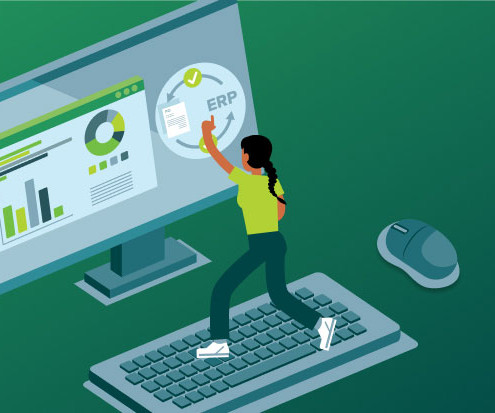Handling Advanced Inventory Tracking Using QuickBooks Online
SchoolofBookkeeping
FEBRUARY 2, 2024
Advanced Inventory Tracking inventory Using QuickBooks Online For years the outcry from the accounting community has been “QBO doesn’t track inventory” and when QBO was first unveiled (circa 2000), that was 100% accurate. Cost is accounted for on First In/First Out )FIFO) basis.












Let's personalize your content